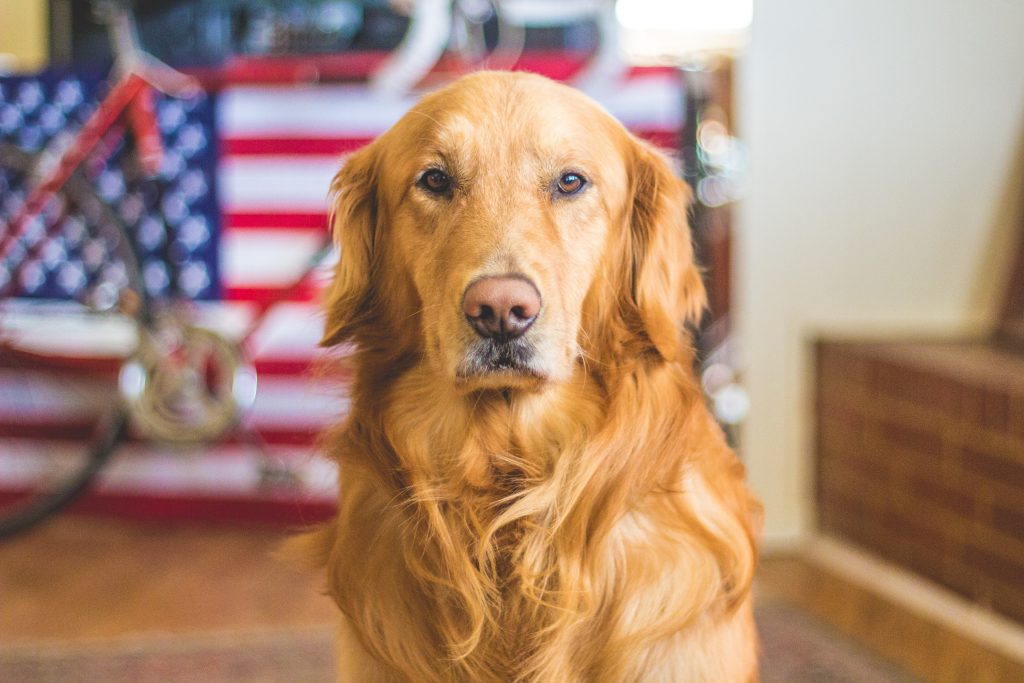Safe and Healthy Vegetables for Dogs

If you’re a proud dog owner and want to ensure that your furry friend gets the best nutrition possible, it’s important to know which vegetables are safe and healthy for dogs to eat. While dogs may not be strict vegetarians like their human counterparts, incorporating certain vegetables into their diet can provide essential vitamins, minerals, and fiber. From crunchy carrots to leafy greens, this article explores a variety of vegetables that are not only safe for dogs but also offer numerous health benefits. So, let’s dive in and discover the perfect veggie options to keep your canine companion happy and healthy!
Safe and Healthy Vegetables for Dogs
1. Introduction: The Benefits of Vegetables for Dogs
As a caring dog owner, you already know the importance of providing your furry friend with a balanced and nutritious diet. While dogs primarily thrive on a diet rich in proteins and fats, incorporating vegetables into their meals can offer several benefits to their overall health. Vegetables are packed with essential vitamins, minerals, and fiber that can promote optimal digestive function, improve immune system health, and even help manage weight. However, it is essential to identify safe and healthy vegetables for dogs to ensure your canine companion enjoys a well-rounded and nourishing diet.
2. Cruciferous Vegetables
Cruciferous vegetables are a fantastic addition to your dog’s diet, offering a plethora of health benefits. Vegetables such as broccoli, cauliflower, and Brussels sprouts are not only safe for dogs but also provide valuable nutrients. These nutrient-dense vegetables are rich in vitamins C, K, and B6, as well as vital minerals like potassium and manganese. Including cruciferous vegetables in your dog’s meals can support healthy digestion, strengthen the immune system, and even aid in maintaining healthy joints.

3. Leafy Greens
Leafy greens are not just for humans; dogs can also benefit from their nutritional value. Spinach, kale, and lettuce are safe leafy greens that can be a valuable addition to your furry friend’s diet. These greens are packed with essential vitamins A, C, and K, as well as minerals like iron and calcium. Incorporating leafy greens into your dog’s meals can promote a healthy cardiovascular system, support vision health, and contribute to strong bones and teeth.
4. Root Vegetables
Root vegetables offer a range of health benefits and can be a delicious and nutritious addition to your dog’s meals. Carrots, sweet potatoes, and beets are excellent choices when it comes to root vegetables for dogs. These vegetables are low in calories, high in fiber, and packed with vitamins and minerals such as beta-carotene, potassium, and folate. Including root vegetables in your dog’s diet can support healthy digestion, improve eye health, and boost their immune system.

5. Nightshade Vegetables
While some nightshade vegetables may not be safe for dogs, others can provide health benefits when consumed in moderation. Vegetables such as bell peppers, tomatoes, and eggplants fall into this category. These vegetables are rich in vitamins A and C, as well as antioxidants that can promote a healthy immune system. It is important to note that in some rare cases, certain dogs may have sensitivities or allergies to nightshade vegetables. It is always best to introduce these vegetables slowly and monitor your dog for any adverse reactions.
6. Beans and Legumes
Beans and legumes are an excellent source of plant-based protein for dogs while also offering other nutritional benefits. Chickpeas, lentils, and green beans are examples of safe and healthy options in this category. These legumes provide a good amount of fiber, vitamins, and minerals, including folate and iron. Incorporating beans and legumes into your dog’s diet can help maintain a healthy weight, support proper bowel movements, and contribute to a shiny and healthy coat.

7. Squash and Pumpkin
Squash and pumpkin are not only delicious, but they also provide a range of health benefits for dogs. These vegetables are rich in vitamins A, C, and E, as well as dietary fiber. The high fiber content can aid in digestion and promote regular bowel movements. Additionally, squash and pumpkin can help hydrate your dog’s body due to their high water content. Whether served cooked or pureed, these vegetables can be a delightful treat or a tasty addition to your dog’s meals.
8. Cucumbers and Zucchini
Crisp and refreshing, cucumbers and zucchini are safe vegetables that dogs can enjoy. These low-calorie vegetables contain significant amounts of water, making them an excellent choice for hydration. Cucumbers and zucchini are also packed with vitamins K and C, as well as minerals like magnesium and potassium. Including these vegetables in your dog’s diet can contribute to healthy skin and coat, as well as support proper hydration.
9. Peas
Peas are not just a favorite addition to many human meals; they also offer several benefits for your canine companion. Whether fresh or cooked, peas are a safe and healthy choice for dogs. Peas are rich in vitamins A, B, and K, as well as essential minerals such as iron and potassium. Including peas in your dog’s diet can support healthy digestion, provide an antioxidant boost, and contribute to overall vitality.
10. Carrots
Carrots are a well-known vegetable that dogs can enjoy as a crunchy and nutritious snack. These vibrant orange vegetables are packed with vitamins A, C, and K, as well as important minerals like potassium and fiber. Chewing on carrots can help promote dental health by reducing plaque build-up and maintaining strong teeth. Additionally, carrots can support eye health and provide a tasty way to introduce variety into your dog’s diet.
11. Conclusion: Incorporating Vegetables into Your Dog’s Diet
Incorporating safe and healthy vegetables into your dog’s diet can be a wonderful way to enhance their overall well-being. From cruciferous vegetables to leafy greens, root vegetables, and nightshade vegetables, there is a wide range of options to choose from. By providing your furry friend with a varied and balanced diet that includes a selection of vegetables, you can ensure they receive the essential vitamins, minerals, and fiber their bodies need. Remember to introduce new vegetables slowly, monitor for any potential allergies or sensitivities, and consult with your veterinarian to ensure your dog’s specific dietary needs are met. With proper care and attention, you can ensure your beloved canine companion enjoys a safe, healthy, and delicious vegetable-filled diet.